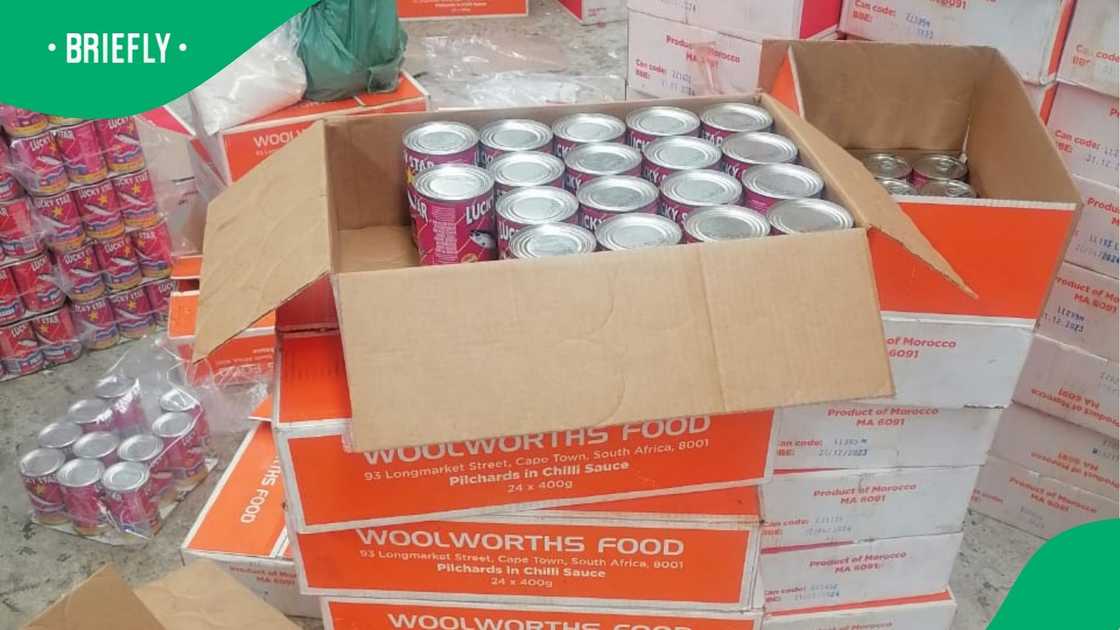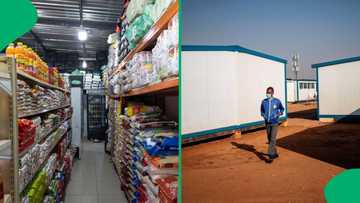Lucky Star Owners Deny Counterfeit Product Belongs to Them, South Africans Still Want Answers
- The Oceana Group has denied that counterfeit tinned fish products are their Lucky Star product
- Counterfeit products were found in a warehouse along with printing equipment to change expiry dates
- South Africans still want answers as no one has been able to explain where the products came from

Source: Twitter
Who does the counterfeit Lucky Star belong to? That's the question being asked as investigations into a product recently seized by police continue.
Last week, the South African Police Service (SAPS) in Gauteng raided a facility where they found printing equipment used to modify product expiry dates. They also seized expired Lucky Star tinned fish packed into boxes marked as belonging to Woolworths.
Lucky Star owners deny product is theirs
The Oceana Group, the owner of Lucky Star, has said that their investigators and third-party experts have proven the product is not theirs.
PAY ATTENTION: stay informed and follow us on Google News!
“So far, investigations have established that an international manufacturer produced the canned pilchards under the Woolworths brand. The retailer imported and received them but later rejected the consignment and asked the supplier to collect it,” Oceana Group said.
They said that the cargo was then illegally relabelled as Lucky Star.
Woolworths launches investigation
The retailer also launched an investigation into the incident after the product was found in Woolworths-labelled cartons.
The retailer said it was aware of police investigations into the counterfeit operation and believed that it may have been part of a shipment that was rejected after it failed to meet Woolworths' quality control standards:
“In the event of a product being rejected, it becomes the immediate responsibility of the supplier to collect and dispose of the stock from our warehouse responsibly. We have launched our own investigation to determine why this process was not adhered to in this instance."
South Africans have their say
Johannes Masilela said:
"The South African government accepts everything that is exported inside the country without questioning the validation of such a product. South Africa, you are on your own."
Mfura Joja added:
"I blame the African National Congress."
Johan Claassen joked:
Lmao. It's like Shaggy sang in that song, It Wasnt Me."

Read also
Gauteng Department of Education says schools must obtain certificate of acceptability to sell food
Sue Lane added:
"Find the source. Where are these expired products coming from?"
Bezuidenhoudt TJ teased:
"I think we need Donald Trump here."
Emmanuel Nxumalo added:
"These guys buy old factory machinery that they can produce and print branding of any product."
Police discover warehouse repackaging expired foods
In a related article, Briefly News reported that police in Johannesburg discovered a warehouse that repackaged expired foods.
South Africans were concerned after seeing the video, which started to go viral on social media. Citizens called on the government to launch an investigation into the owner of the warehouse and its legality.
Source: Briefly News


